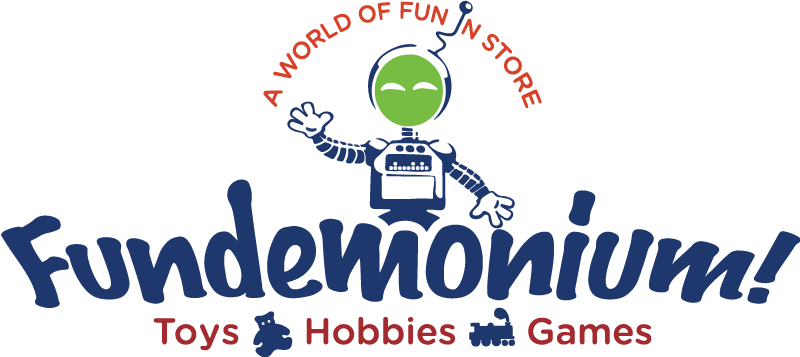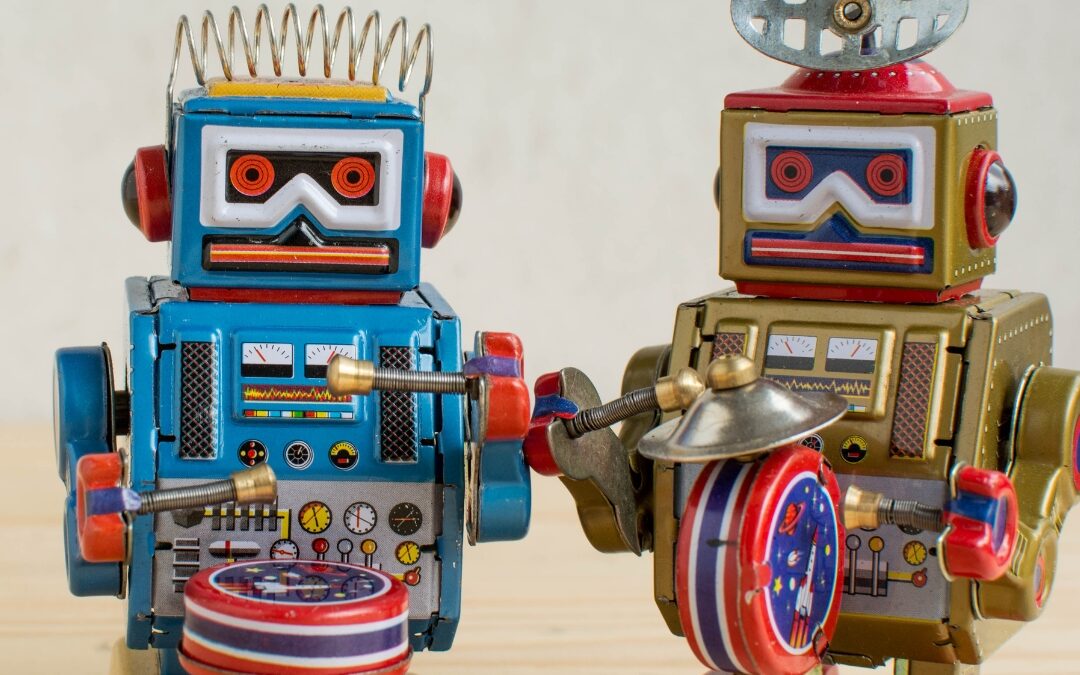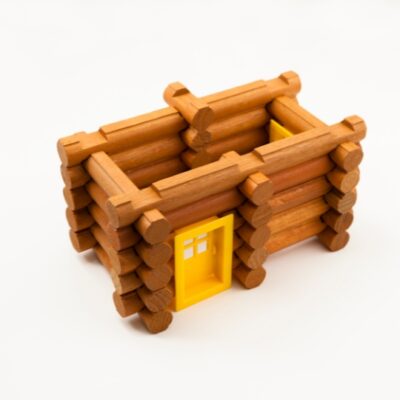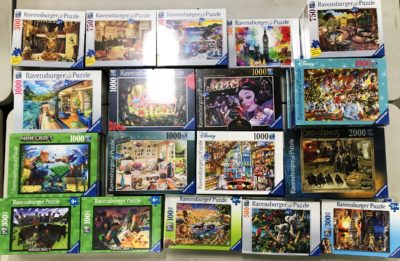The childhood thrill of going to a toy store has enthralled children in this country for over a hundred years.
That’s because toy stores have a long history in America, dating back to the late 19th century when the first dedicated toy shops began to appear. Before that time, toys were primarily sold in department stores or through mail-order catalogs.
Toy Stores: A Magical Shopping Destination
One source notes that the first toy store was founded in 1760 by William Hamley in London, under the name of “Noah’s Ark”, later renamed to Hamleys.
In America, specialty toy stores existed in major cities like New York and Chicago as early as the 1860s with FAO Schwarz laying claim to being the oldest toy store in the United States. They first opened their doors in 1862 in Baltimore before moving to New York City, where it has moved between several locations since 1870.
Many smaller independent toy stores have also played an important role in the history of toy retailing in America. These stores often specialized in unique or niche products and provided more personalized shopping experiences for their customers. (Much like Fundemonium!)
And it was in these stores that many of the now classic toys were found that helped form a generation of children in the 50s, 60s, and beyond.
A Brief Tour of Classic Toys That Shaped a Generation
Like a teenager discovering the joys of 70s rock (or the “synth-pop” of 80’s) young children often discover loads of fun and hours of engaging entertainment with classic toys from their parent’s – and grandparent’s – childhoods.
Here’s a few of the better remembered and well loved ones from our past!
Lincoln Logs
Many have heard of the famous architect, Frank Lloyd Wright. But his son, John? Not so much. However, back in 1916, an out-of-work John Lloyd Wright turned his attention to a pint-sized design project.
According to an article at History.com,
“In 1916, using the blueprint for the Imperial Hotel as a model, he created a toy construction set that consisted of notched pieces of wood that children could stack to build log cabins, forts and other rustic buildings.
He received a patent for them in 1920 and Lincoln Logs peaked in popularity during the 1950s when it was among the first toys mass-marketed on television.
LEGO® Blocks
Of course, when one thinks of “classic” toys, it is almost impossible not to see images of LEGOs. LEGO blocks originated in the Billund, Denmark, workshop of Ole Kirk Christiansen, who began making wooden toys in 1932. While the venerable building blocks began their journey into toy history from a small carpenter’s workshop, The beloved brick in its present form was launched in 1958.
Stuffed Animals
Stuffed animal toys, or “stuffies”, have been around for more than 140 years. And, although their origins are unclear, we know that in 1880, a German seamstress named Margarete Steiff created a stuffed elephant that soon inspired the modern era’s first stuffed animals
Fast forward a hundred years to the hugely popular Care Bears. This 1980s creation for the greeting card company American Greetings was originated for use on greeting cards, and it wasn’t until later that they were used for toys and brought to TV.
Mr. Potato Head
With plastic body parts designed to be poked into a potato or other suitable vegetables, the original Mr. Potato Head kit consisted of nearly 30 features and cost just 98 cents. That was in 1952. Twelve years later in 1962, the toy came with a hollow plastic body.
No more poked fingers or rotting potatoes under the kiddo’s beds…
Mr. Potato Head has the distinction of being the star of one of the first TV ads for toys as well as having a Mr. Potato Head statue standing at the main entrance of the Providence, Rhode Island airport.
Etch A Sketch
Part toy, part craft tool, the famous Etch A Sketch is technically a “mechanical drawing toy” and was invented by André Cassagnes of France in the late 1950s. It is owned today by Spin Master of Toronto, Ontario, Canada, and has sold over 100 million units worldwide since its commercial debut July 1960 for $2.99.
While it could (and still can be) frustrating to play with for some kids, the sheer “magic” of creating drawings with relative ease and then causing them to “disappear” with a shake or two has captivated children for more than 60 years.
Old Fashioned Fun with Classic Toys from Fundemonium
From classic toys to novelty items to puzzles, fidget toys, and “old-school” board games, you’ll find plenty to play with here at Fundemonium.
In addition to the time-honored classics, you will also find a wide selection of newer toys, board games, Role-Playing-Games (RPGs), children’s crafts, and hobby items here at Rohnert Park’s favorite hobby, game, and toy store. Fundemonium is Sonoma County’s premier headquarters for fun!
Not only will you find the area’s largest selection of quality toys, games, model kits, and hobby supplies, but you will also discover that there are many fun things for you and your family to do here!
The fun starts the moment you walk inside and discover that Fundemonium is so much more than simply a toy store or hobby shop.
What we are is a fun, safe, and friendly place where adults and children of all ages can meet to enjoy creative fun and participate in a wide variety of events and activities. And for those special occasions in everyone’s lives, we offer a dazzling selection of themed party packages for your entire family.
And you can be sure that our friendly and knowledgeable staff makes it their priority to help you have fun because our mission has always been to put the “Fun” in Fundemonium!
We always do our best to quickly respond to website inquiries about card games (and more!), or you can also find answers to your questions by calling us at (707) 540-0701.
If you’d like to speak directly with one of our Fundemoniacs, just give us a call during our business hours.
Thank you, and we look forward to seeing you soon!





